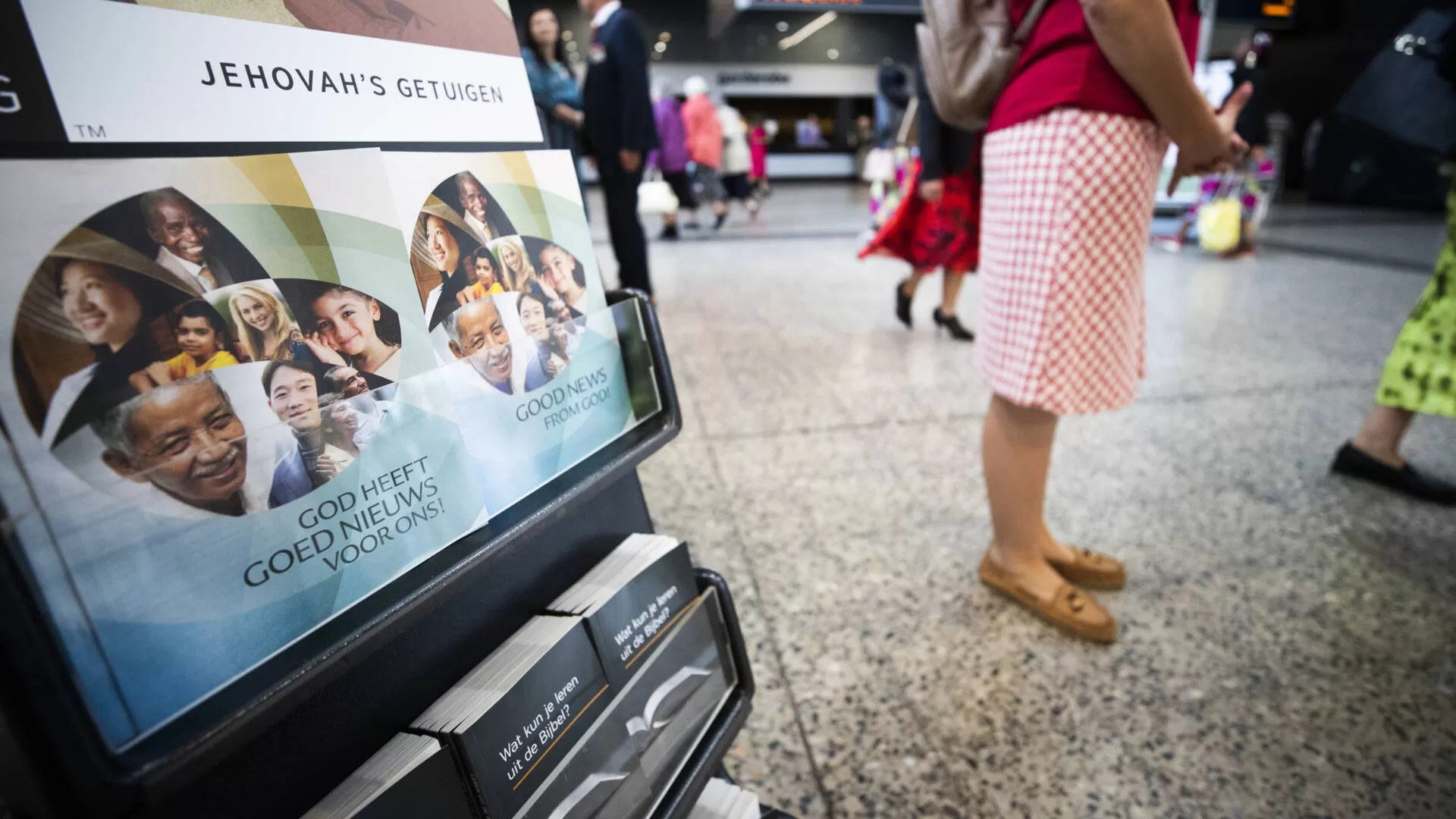More than 11 years revealing secrets because there is no excuse for secrecy in religion – w1997 June 1; Dan 2:47; Matt 10:26; Mark 4:22; Luke 12:2; Acts 4:19, 20.

Originally published in Dutch by NOS nieuws on January 23, 2020.
Members of Jehovah's Witnesses who have experienced sexual abuse within the religious community usually do not report it to the police and are predominantly negative about the internal handling of the abuse. This is evident from a study by Utrecht University into the willingness of abuse victims within Jehovah's Witnesses to report crimes.
A total of 751 people reported to the researchers, 292 with personal experiences and 459 with reports of abuse that happened to someone else. Only a quarter of them ultimately reported the crime to the police. Nearly half of all reported abuse cases involved incest.
Those who reported the sexual abuse only to parents or elders within the community gave an average grade of 3.3 to the handling of the incident, the researchers write. The participants in the study blame the unsatisfactory approach on the closed culture of the Jehovah's Witnesses. The elders are focused on keeping the community together and quickly strive for reconciliation between perpetrator and victim. In addition, the aftercare for the abuse victim remains underexposed.
Disgusting
Minister Dekker of Justice finds the picture outlined in the report "extremely worrying". "Victims feel insufficiently heard, ignored, stigmatized and isolated," he wrote to the House of Representatives. He calls the conclusions shocking. The minister will discuss with the board about the measures that the community must take itself.
The authors of the research report advise the government to legally oblige the Jehovah's Witnesses, but also other organizations, to go to the police with suspicions or reports of sexual abuse.
Judge ordered disclosure
Earlier this afternoon, the Utrecht court ruled that the report could be made public. With that decision, the judge rejected the religious community's request not to publish the investigation report.
Jehovah's Witnesses said in a response that the community has been caring for the victims and providing them with pastoral care for years. The report is discriminatory, the Jehovah's Witnesses say, because it only focuses on one organization and ignores other religious communities. The board also questions the scientific substantiation of the research.
Ex-Jehovah's Witnesses who have united in the fight against the practices of the religious community say they are relieved that the report has been made public. However, they remain concerned that Jehovah's Witnesses "still do not understand the seriousness of the problem."

Lester Somrah writes about the beliefs and practices of Jehovah’s Witnesses on his social media platforms and was baptized as a member in 1998.